15 Healthy Foods to Eat After a Binge

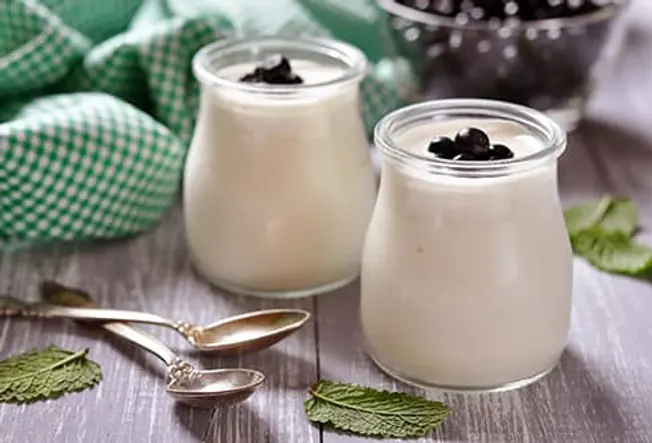
Yogurt
The probiotic power of yogurt can help tame tummy troubles brought on by too much food. “Good” bacteria called lactobacillus can balance out bad bacteria and go after gas and diarrhea. Look for yogurt with live active cultures to get the bacterial benefit.
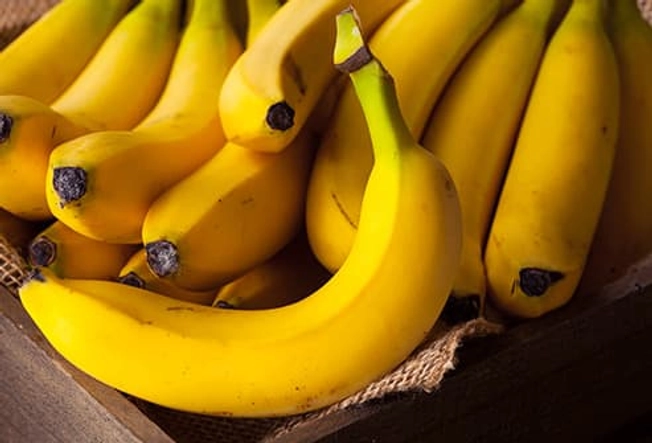
Bananas
Blood pressure on the rise from a sodium surge? Curb it by biting into a banana. They’re packed with potassium, which can ease the effects of a sodium-high diet and help level out blood pressure.
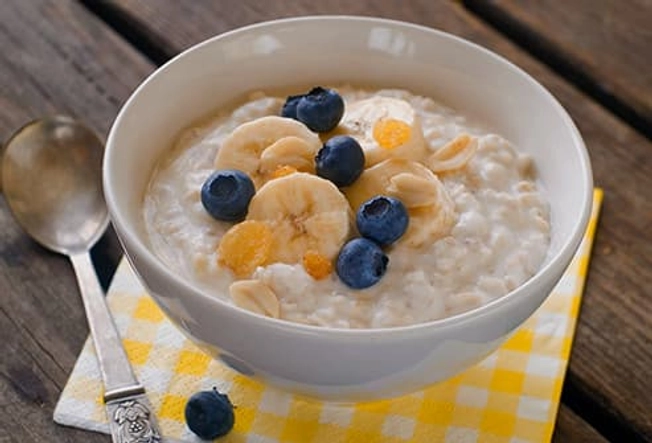
Oatmeal
A bowl of this breakfast staple will start your day on the right foot. You’ll get 1-2 grams of fiber, which helps lower cholesterol by kicking it out of your system before it can set up shop.

Green tea
A mug of it (hold the sugar) is chock-full of flavonoids -- they lower your levels of LDL, or “bad” cholesterol, and can help get high blood pressure back to normal, too.
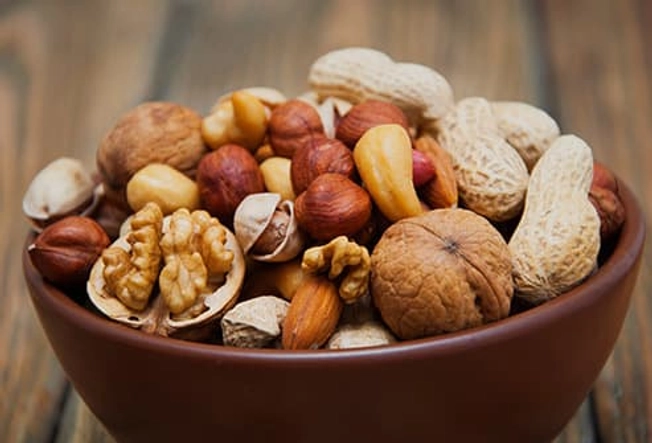
Nuts
Binge eating can raise your risk of heart disease, so nosh on small handfuls of nuts for your ticker. Almonds, walnuts, peanuts, and other nuts offer you omega-3 fatty acids, unsaturated fats, and vitamin E -- all of which help lower cholesterol and protect your arteries.
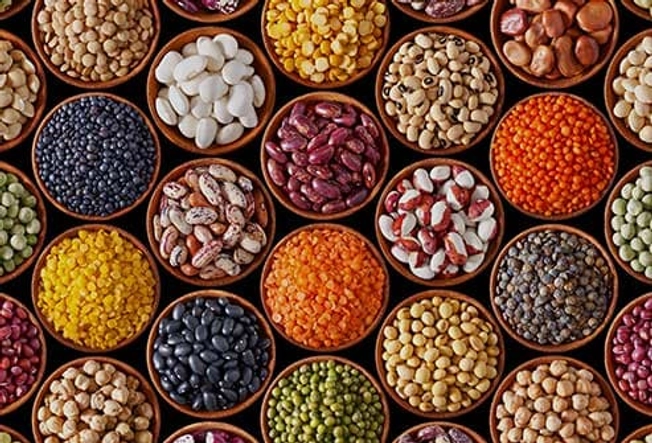
Beans
Garbanzo, lentil, navy... when it comes to beans, the options are almost endless. Pick your favorite for a fiber boost. Beans also take time to digest, which will help you feel full for longer.
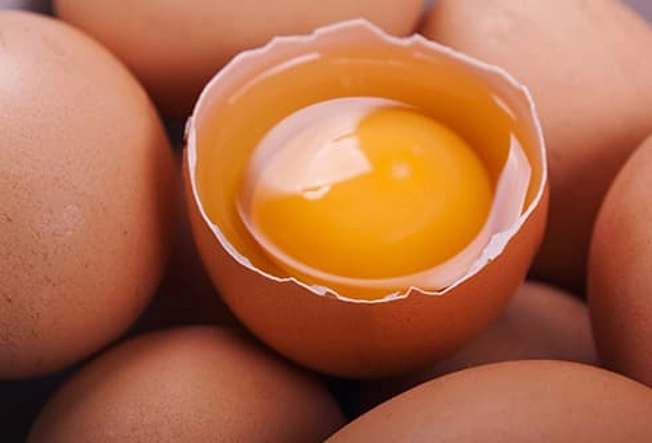
Eggs
They pack a hearty nutritional punch. Eggs are full of protein, vitamins B12 and D, riboflavin, and folate -- all of which can help lower the risk of heart disease that can be brought on by bingeing. Whip up an omelet with veggies to sneak in extra fiber. You can skip the yolk if you’re worried about cholesterol.
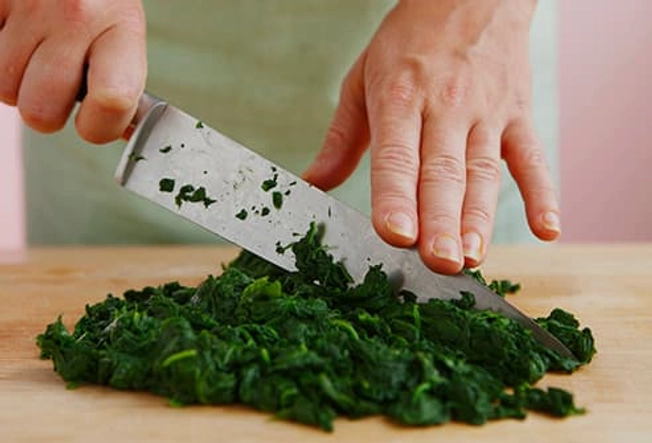
Spinach
Your body has a lot to work through after a binge. Spinach is full of vitamin B2, which helps metabolize fat. B vitamins also help fight disease and infection to help keep you healthy longer. It’s best to eat your leafy greens raw or lightly steamed -- boiling them can take out essential vitamins and nutrients.
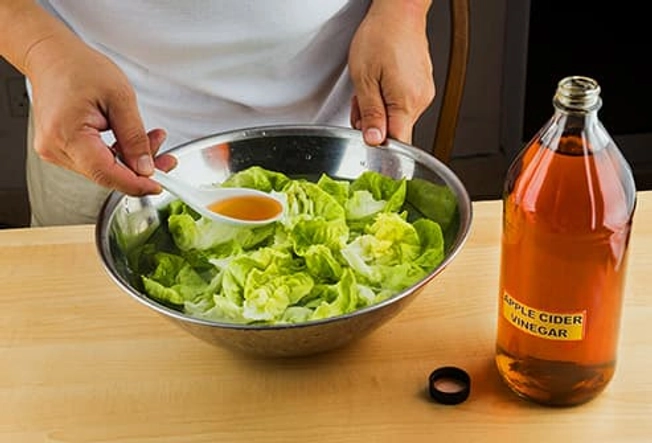
Vinegar
A drizzle of this on your salad can help level blood sugar after the highs and lows of bingeing -- especially if your binge was bread-heavy. Vinegar can lower your glycemic index after a carb fest. But don’t overdo it -- too much vinegar may bother your stomach.
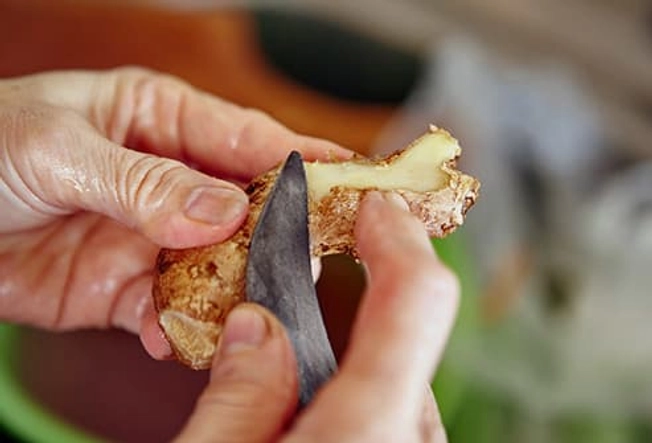
Ginger
Gas got you feeling bloated? Ginger helps relax the muscles in your digestive tract to get the gas out. Brew some ginger tea, spice up a salad with pickled ginger, or blend some into a smoothie to get your fix.

Oranges
They’re tart, tasty, and packed with vitamin C, which boosts your metabolism and helps digest fats. What’s more, there’s a chance that boosting your vitamin C can give you more energy and lift your spirits. Go for the whole fruit instead of juice to avoid extra sugar and to up your fiber.
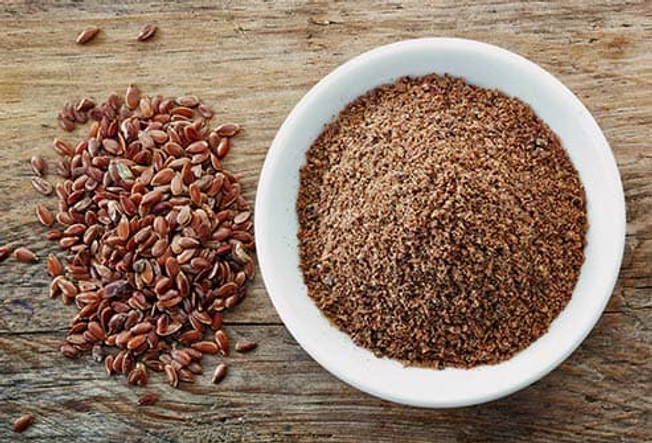
Flaxseed
It’s is an easy addition to foods you already eat, like oatmeal or smoothies. It doesn’t change food’s flavor, but can add fiber and ALA, a fatty acid that may improve your heart health. Opt for ground flax over flaxseed oil for full fiber benefits.
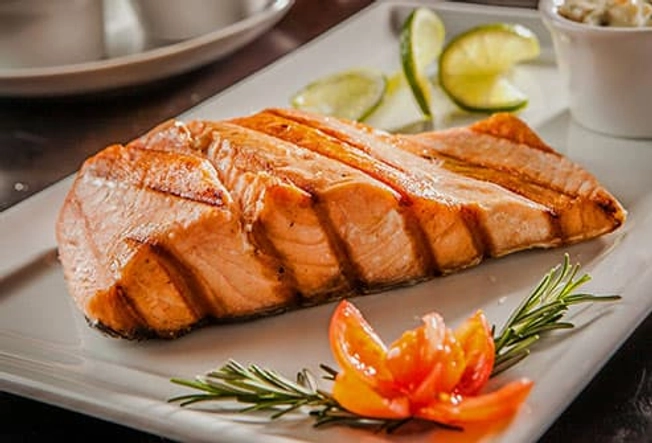
Salmon
Fish like salmon delivers brain-boosting omega-3 fatty acids, but it also gives you a protein pick-me-up. Protein helps keep your blood sugar steady and may even help prevent sugar spikes after a carb-heavy meal.
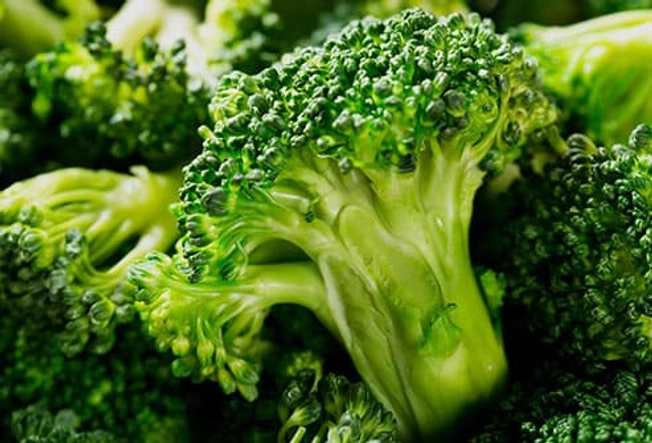
Broccoli
Binge eating disorder is related to depression, so it’s good to mix in foods that can help combat the blues. Magnesium works as a mood booster, and broccoli is rich in it. Just a half-cup of cooked broccoli gives you nearly 13% of your daily magnesium.

Water
A good way to get your body past a binge is to flush your system with water. It not only helps you digest food, it softens your stool so you can move things along. And if indigestion has your stomach in knots, try bringing in a few bubbles. Seltzer water may help ease your quease.